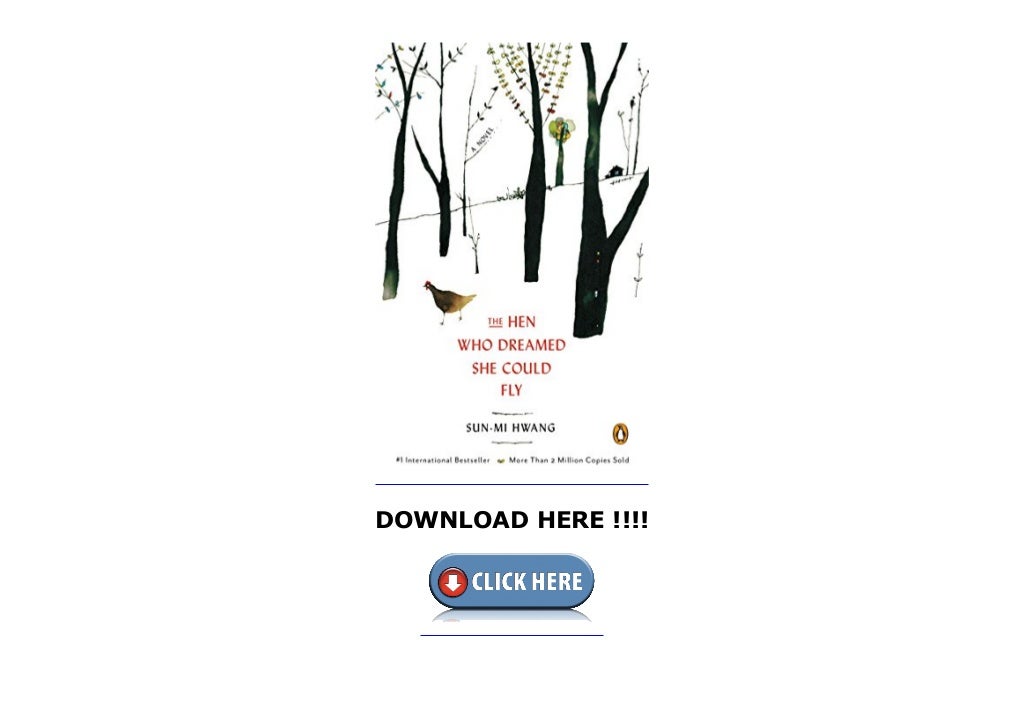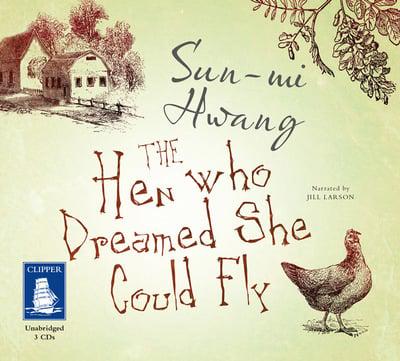

The beauty of Hwang’s story lies in its simplicity.

Her choices and wellbeing take on new vitality, even though the egg turns out to be a duck. She is now the protector of the egg, a nurturer, a mother-in-waiting.

She soon stumbles across an abandoned egg in a briar patch, and when no mother returns that night, she claims it as her own, claiming in the process a new lease on life. Unable to return to the safety of the farm and too worn down to ever produce an egg of her own, she longs for a purpose beyond merely surviving the weasel. With her eggs no longer worth selling, she’s hauled off to the farm’s death pit, where she’s left to die or be eaten by the weasel.īut Sprout doesn’t die, and with the help of Straggler, a wild duck, she manages to escape before the weasel has a chance to attack. But the unbending conditions of the farm have worn her down, and by the story’s beginning she can no longer produce eggs with hard-enough shells. All she wants is to care for an egg until it hatches and raise a chick. The Hen Who Dreamed She Could Fly concerns Sprout, a chicken that has spent her life in a tiny coop on an industrial farm, laying eggs that are quickly taken away and sold. Having sold over two million copies, spent years on the national bestseller lists and shattered box office records with its film adaptation, it stands as one of South Korea’s biggest literary phenomena in contemporary times. Sun-mi Hwang’s 2000 novella, The Hen Who Dreamed She Could Fly, has finally made it to North American readers after some 13 years - in part because it lacks any of the overt national signifiers that would otherwise complicate its understanding.Ī well-known children’s author, Hwang’s sublime story is instead a fable of farm animals that belongs on a bookshelf somewhere between the innocent frivolity of Charlotte’s Web and subliminal politics of Animal Farm. English translations of South Korean literature are generally rare, given the vast difference between the two languages and the cultural connotations that must be overcome for fictional tapestries to be understood in all their depths.


 0 kommentar(er)
0 kommentar(er)
